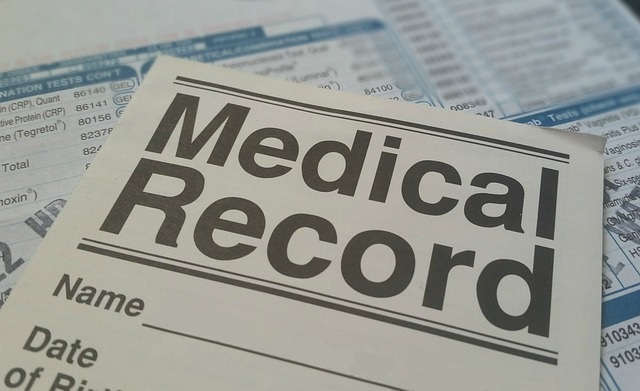In the US, the Health Insurance Portability and Accountability Act or HIPAA for short, is meant to keep the medical data of patients private. While the existence of this act may help patients feel secure, the reality is that patient data is not as private as everybody thinks it is. There are numerous ways that medical data can be leaked to the public and other companies.
How Medical Data Is Leaked
In many cases, patients have to provide permission to companies, practitioners, and pharmaceutical companies in order to receive care. During the process, the medical data gets exposed to many different parties. This can include medical staff that are not providing the patient with care, insurance companies that use the data to determine life insurance rates, providers in the same network, and other parties that theoretically should not have been allowed to access the medical data in the first place.
In other cases, medical data is vulnerable to leaks because companies often mismanage their data. For example, an office that may be opening the medical data to a health network with the intention of making it easy for future providers to treat the patient’s condition. Another example is hard drives filled with thousands of patient data may not be properly disposed when the data is moved to a new hard drive.
One of the more disturbing ways medical data gets leaked is through hacks. Hackers are able to easily get into the data of healthcare companies and medical offices due to a lack of security. These companies and offices are not taking the data of their patients seriously. What’s even more disturbing is that this medical data is sold in the black market which leaves patients vulnerable to identity theft.
How Businesses Can Secure Patient Data
So what can healthcare companies and medical practices do to protect their consumer data? Businesses should focus on running their businesses and use service providers like Throttlenet for managed IT services. These service providers are experts in managing data and security. It’s a far more reliable way to manage data than doing it inhouse. While you can always hire an IT professional, you need more than one person to ensure that your data stays safe.
Healthcare companies and medical practices should only work with reputable merchants that put security first. For instance, you need to protect the financial information of your patients as well as their medical data. So when it comes to billing, you have to ensure that their credit card information and other sensitive information cannot be hacked into. Here’s a handy guide on how to find a good medical billing company.
Another thing healthcare companies and medical practices can do is to build a strong infrastructure offline and online. The first thing you want to do is to educate staff about how to properly handle medical data and set strict rules on how it can be accessed. The second thing you want to do is set strong restrictions as to who can access the medical data. There are simple solutions like multi-factor authentication and card keys which would protect your data from hacking attempts.
And since data is going to usually be transferred to other parties, it’s a smart idea to encrypt the data. Encrypting the data is sort of a last resort to protecting the medical data in case you do get hacked or the wrong parties get their hands on the data. Providing encryption keys to the people who are authorized to get the data would solve the problem of the data being vulnerable while in transit.
Of course, executing all of these solutions may be costly and have a negative impact on work flow initially. But remember that there are consequences to both your patients and your business if you do not put the proper security measures in place. More health companies are being fined by their government for big medical data leaks even if it’s not their fault. Work flow can also be improved with proper optimization, and the cooperation of staff and other parties in your health network.
The bottom line is that healthcare companies and medical practices need to do more to protect their patients. There are many other ways that medical data can be protected and it’s your responsibility to learn more about how it can be done.








